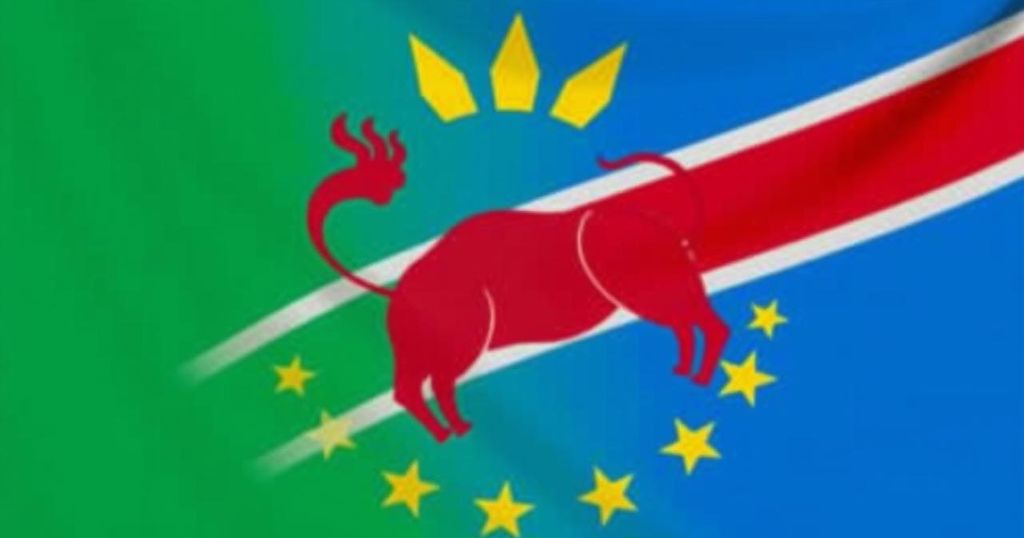Preliminary results from Botswana’s general elections indicate a possible end to the ruling Botswana Democratic Party’s (BDP) nearly sixty-year dominance, with the left-leaning Umbrella for Democratic Change (UDC) and other opposition parties claiming significant victories. High unemployment and mismanagement under President Mokgweetsi Masisi have fueled discontent among voters, leading to an uncertain future for the BDP as early tallies show it winning fewer than 10% of the seats. Duma Boko, leading the UDC, has called for change, asserting that the electorate is ready for a new direction.
Early results from Botswana’s general elections suggest a significant shift in power, with the ruling Botswana Democratic Party (BDP) facing a historic defeat. President Mokgweetsi Masisi’s party, which has dominated the political landscape since the country’s independence in 1966, appears to be losing its grip as the left-leaning Umbrella for Democratic Change (UDC) and other opposition parties claim a substantial number of legislative seats. According to preliminary tallies, three opposition parties together have secured 31 out of 61 seats, leaving the BDP with only one seat thus far, indicating that President Masisi will likely be unable to maintain his majority. Issues such as high unemployment, economic mismanagement, and allegations of corruption have been pivotal in shaping voter sentiments. The opposition UDC, led by presidential candidate Duma Boko, has emerged as the primary beneficiary of this electoral discontent, having won 19 seats according to early reports. This election is notable as it could lead to Botswana’s first hung parliament in history. Amidst these changing political dynamics, President Masisi had expressed confidence in securing victory on election day, declaring, “victory is certain.” However, as ballot counting continues, it is clear that the political tide has shifted dramatically against the BDP. The estimated 27 percent unemployment rate, particularly among the youth, along with declining diamond revenues, has prompted calls for a governmental overhaul to address these pressing economic issues.
Botswana has experienced an unbroken string of BDP governance since it gained independence from Britain in 1966. However, in recent years, the party’s popularity has waned considerably, particularly following the 2014 elections which saw their support dip below 50 percent for the first time. Citizen concerns have centered around rising unemployment, currently at 27 percent, economic stagnation, and perceptions of corruption among Masisi’s administration. With Botswana’s economy heavily reliant on diamond mining—its primary revenue source—the BDP has faced intensifying scrutiny over its management and the widening inequality in the nation. The emergence of the UDC, founded to consolidate opposition against the BDP, indicates a growing desire among the electorate for change and a new direction in governance.
The preliminary results from the recent elections signal an unprecedented shift in Botswana’s political landscape. The BDP’s longstanding rule appears jeopardized by rising public dissatisfaction with governance, primarily fueled by high unemployment and economic challenges. As the UDC leader Duma Boko advocates for change, the final electoral outcomes may pave the way for new leadership aimed at addressing the critical needs of the populace while also promoting economic diversification beyond diamonds. Monitoring the confirmation of the electoral results remains essential as Botswana stands at a potential crossroads in its democratic journey.
Original Source: www.france24.com






